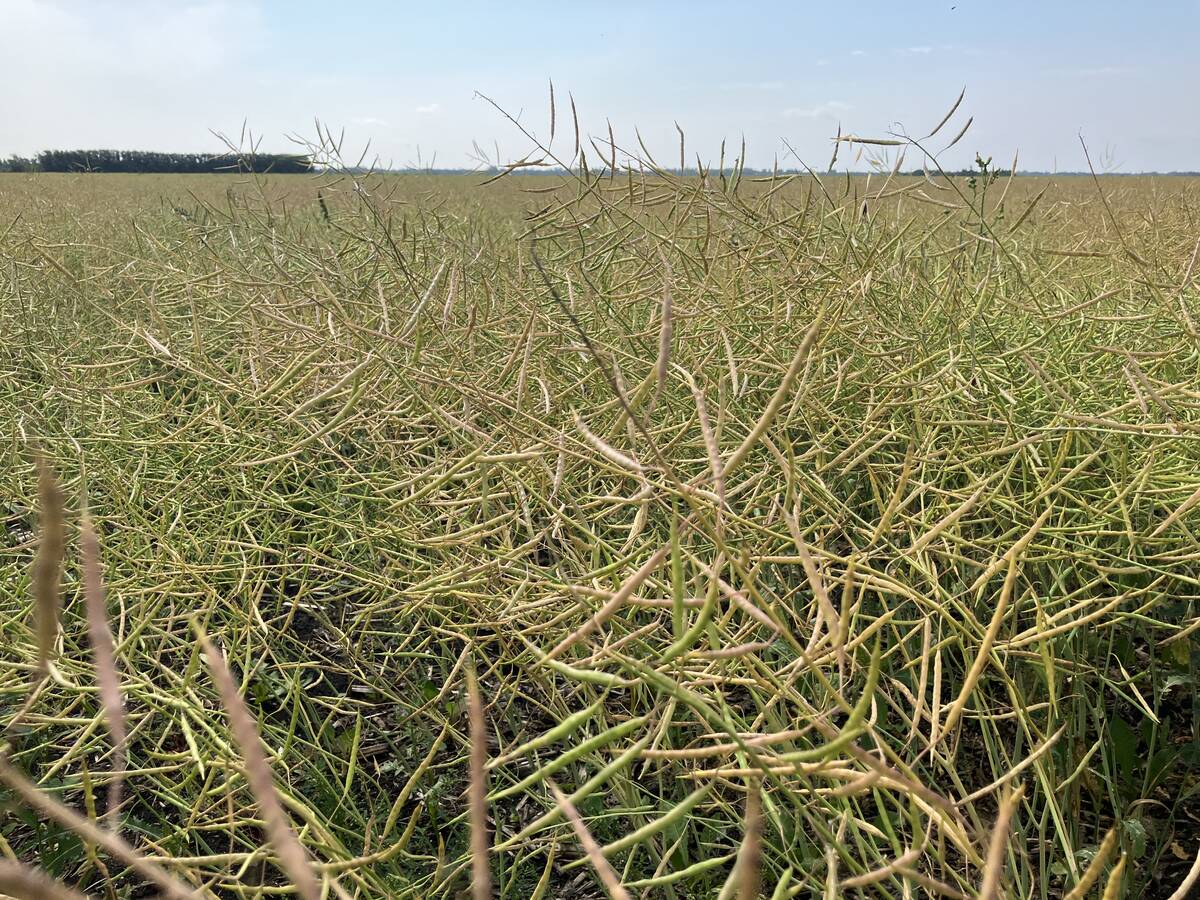BROOKS, Alta. — Fungicide trials conducted by Alberta Agriculture researchers have confirmed that there are effective treatments for blossom blight in alfalfa seed crops.
Plant pathologist Ron Howard told members of the Alberta Alfalfa Seed Commission Nov. 27 that products are available to battle the sclerotinia and botrytis pathogen complex that causes the disease. Blossom blight reduces alfalfa seed yield and quality.
“We do have a number of products that seem to be consistently providing the highest seed yields, products like Quadris, Proline, Lance,” he said. “Switch is looking not too bad and even the BASF product (BAS 703 01F).”
Read Also

South American soybeans will have less impact on canola
South American production will, as usual, affect the global oilseed market, but Canadian canola is on the outside looking in until it can get China back or find alternative buyers.
Additional products are also in line for approval for full or minor use on the crop, he added.
“We should be seeing some of these products coming available in the next year or two.”
Howard and his team have two to three years of data comparing a range of fungicides at sites near Rosemary and Brooks.
Seed alfalfa’s lengthy blossom period is a challenge for producers because it is difficult to determine the best time to spray.
However, fungicides tend to be preventive rather than curative for blossom blight, so other strategies should be employed.
Howard said they include using disease-free seed, thinning dense stands to reduce humidity in the canopy, maintaining good fertility and avoiding excess irrigation.
Alfalfa fields should be rotated with non-host crops such as cereals.
Sclerotinia and botrytis commonly appear together, infect many crop types and can thrive over a wide range of growing conditions.
“As we see the increased production of broadleaf crops like canola and pulse crops, I think our problems with these diseases are going to intensify,” said Howard.















